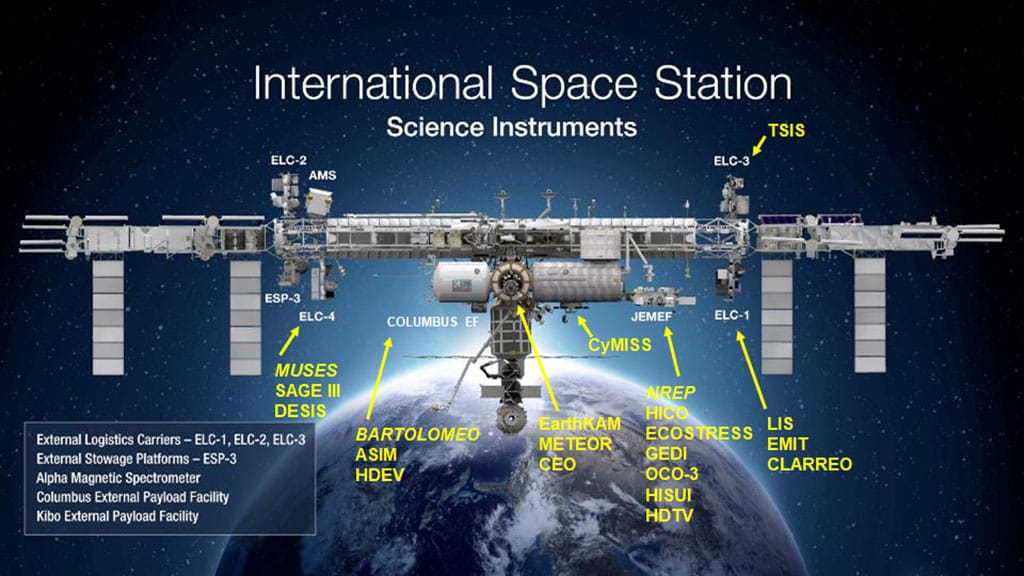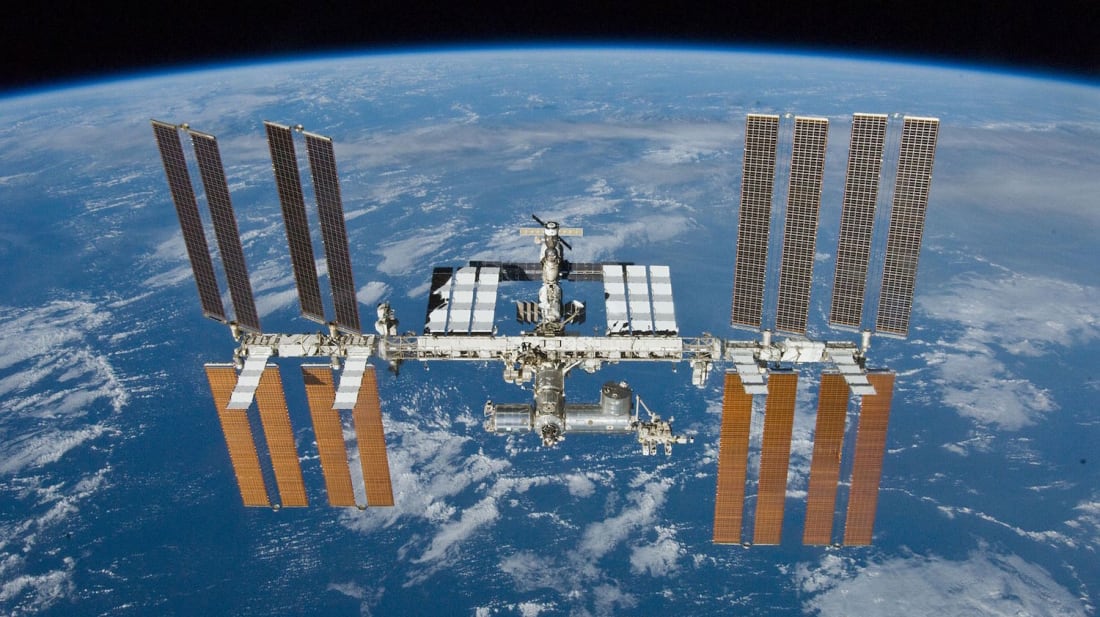

The clearest precedent was the Russian invasion of Crimea in 2014.

Until now, the US and Russia had left the space station outside of political combat and economic sanctions. The agency “continues to work with its international partners, including Roscosmos, on the operation of the ISS,” it added. Despite the new economic sanctions, “civil cooperation in space between Russia and the US will continue,” a NASA spokesperson told CNN. Rogozin was punished with a ban on entry to the US – the EU did the same, and paralyzed all its accounts in the bloc’s member states.Īfter Rogozin’s statements, NASA has stated that cooperation with Russia on the ISS will remain intact. The agency banned travel to Russia for all of its employees. In 2014, after the Russian invasion of the Crimean peninsula, NASA sent a directive to its employees to suspend contact with Russian counterparts. The tensions between Russia, the US and the EU could have significant consequences for space exploration. Does want to threaten them with that scenario?” he wrote on Twitter. “There is also the option that a 500-ton structure could fall on India and China.

The Russian response, from the head of Roscosmos – a journalist, philosopher, expert in war theory, former ambassador to NATO and ex-vicepresident of the country – was incendiary.
#Current location of the international space station series#
Yesterday, US President Joe Biden announced a new series of sanctions against Russia, which, among other things, target their “aerospace industry, including the space program.” The United States and Russia have been cooperating for nearly 25 years on this advanced space station, along with European, Canadian and Japanese input. “If the US blocks cooperation with us, who will save the ISS from an uncontrolled exit of its orbit or from crashing onto the US or Europe?” asked Dimitri Rogozin, director of Roscosmos, the Russian space agency. They are living 400 kilometers above the Earth, but could become the most unexpected collateral victims of the war in Ukraine. Right now, on board the International Space Station (ISS), there are four American astronauts, two Russians and one German.


 0 kommentar(er)
0 kommentar(er)
